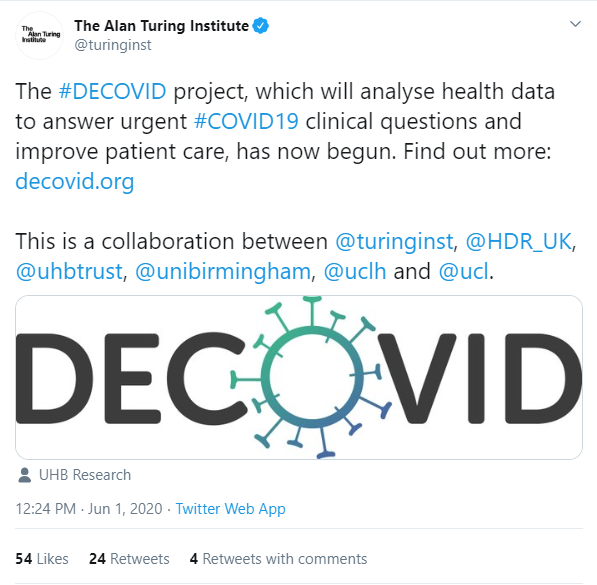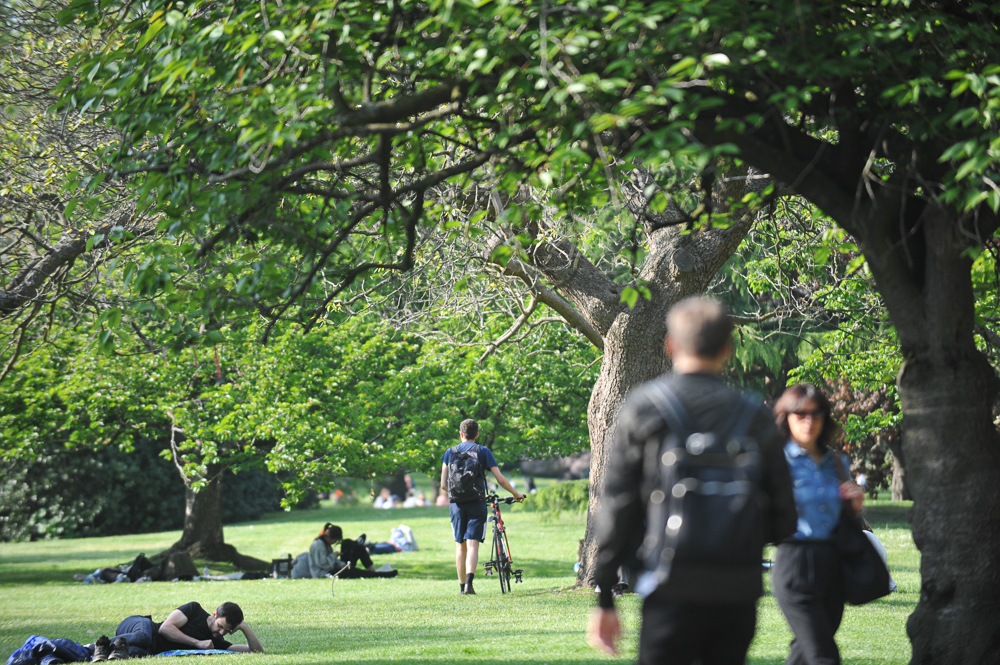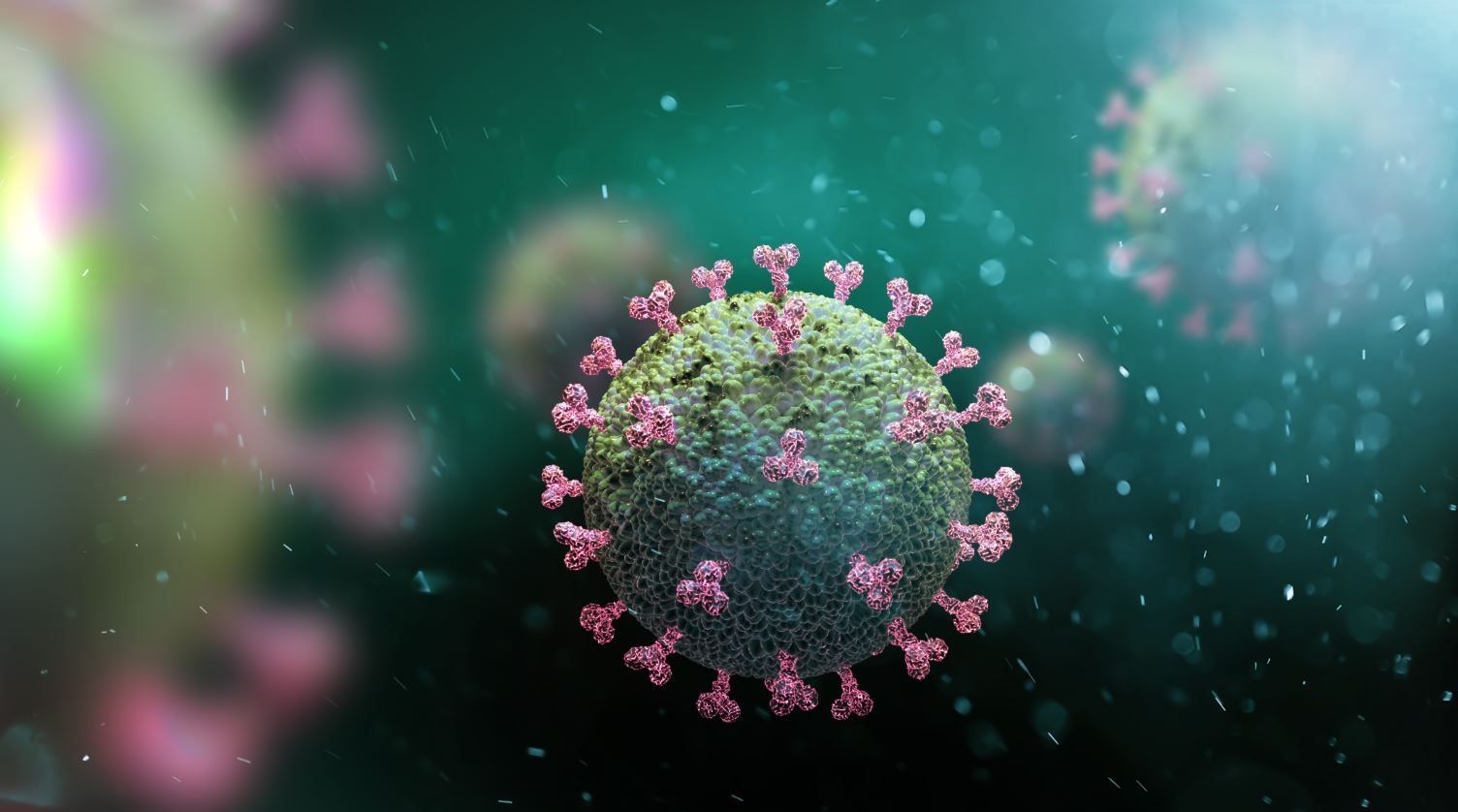HDR UK weekly COVID-19 round-up
4 June 2020
Our weekly updates highlight the range of projects members of the HDR UK community are working on to address the COVID-19 pandemic and global challenge. Read on to find out about the latest projects and areas of work.
Read our latest SAGE report (3 June)
Updates
Care Homes
A focus of our SAGE report for this week has been the impact COVID-19 has had on people living in care homes. Teams across the UK are collaborating to improve and validate an approach to accurately identify care home residents using routinely collected health care data and address matching. This work will allow us to more accurately understand the national population living in care homes without compromising the confidentiality of residents.
This work is being led by teams at UCL, QMUL, University of Sheffield, University of Swansea/SAIL, University of Bristol and University of Edinburgh.
How do we best understand and protect vulnerable groups?
As lockdown is beginning to ease, the question around how best to protect those who are vulnerable is becoming increasingly important.
A pre-print paper available online developed by colleagues at King’s College London has revealed that patients with cancer and being treated with chemotherapy or immunotherapy are at a higher risk of infection. In order to manage this risk, it is important to use health data at scale, such as that generated by the COVID Symptom Study app, to identify vulnerable patients and develop “risk calculators” so that health authorities are able to respond quicker and act earlier.
Research is underway using data from the Symptom Checker Study on how menopause may affect women’s immunity to COVID-19. Initial insights show a potential link with lower oestrogen levels, and is being explored further. Using the same data sources, researchers are looking at the impact of nutrition and how some diets may have an impact on immunity to COVID-19.
For further details, see:
https://www.medrxiv.org/content/10.1101/2020.05.20.20103762v1
https://covid.joinzoe.com/post/covid-hormones-oestrogen
https://covid.joinzoe.com/post/gut-health-immunity-covid
How do we support the restoration of cancer/health services?
This week, Cancer Research UK published a press release stating that around 2.4 million people in the UK are waiting for screening, tests, or treatment for cancer as a result of the disruption caused by COVID-19.
In order to fully understand and assess this disruption to normal screening and treatment, we need to link data from a range of sources and undertake large scale analyses of the impacts seen during lockdown. This will allow the NHS and health authorities to act as quick as possible in order to restore these services with the best possible outcomes for patients.
Health Data Science in the COVID-19 Era – HDR UK ‘One Institute’ Conference 2020
Our event on Tuesday 16 June 2020 will shine a light on health data science in the COVID-19 era as we come together and showcase new research findings and exchange international experiences related to the COVID-19 pandemic. With a packed agenda you’ll be able to get involved with a whole range of sessions around COVID-19 alongside panellists and speakers from across the health data world.
The conference is open to scientists, researchers, technologists, front-line clinicians, patients and the public, and data custodians who are involved and interested in the urgent insights needed to respond to COVID-19.
Lessons from COVID-19 – Online webinar
On 2 June, Risky Business Events, in collaboration with The BMJ and Great Ormond Street Hospital, supported by the Medical Protection Society, partnered to create a free, virtual conference for the multidisciplinary teams in the pandemic frontline.
This latest update on the science and the people behind it saw HDR UK Research Director Martin Landray discuss the RECOVERY trial starting at 30 mins.
The HDR UK Innovation Gateway
A portal that enables researchers and innovators to find out more about the different health datasets available, is entering its second phase of development and comes at such a crucial time as we use more and more health data research to address the COVID-19 challenge.
The Gateway is already being used by researchers to find information about COVID-19 specific datasets such as the national chest imaging dataset and the COVID-19 Symptom Tracker led by King’s College London. It also provides a route for researchers to add their COVID-19 research projects, which are then prioritised and reported in HDR UK’s weekly report to the Scientific Advisory Group for Emergencies (SAGE). This vital step helps ensure these important research questions are supported to move forward. See how this next phase of the Gateway is making a difference for COVID-19 research.
CoronaHack – AI vs. COVID-19
A tool has been designed by Dr Dipankar Sengupta and Dr Ian Overton (HDR UK Wales and Northern Ireland) as a result of a virtual hackathon organised by Mindstream AI and Databiology which took place in April. The tool predicts the severity and requirement of hospitalisation for COVID-19 patients using analytics from the Overton group on a clinical dataset from Brazil. The team came third overall and you can read all of the results below.
Congratulations!
Tweet of the week
Pioneer, the Health Data Research Hub for Acute Care is partnering with The Alan Turing Institute, UCLH, UCL, University of Birmingham and University Hospitals Birmingham NHS Trust on the DECOVID project. This project will apply cutting-edge data science and artificial intelligence, to understand COVID-19 in detail across the UK, and create new ways to support doctors caring for the most unwell COVID-19 patients in intensive care units.

More information and tools
1. Submit your research question or project – we are calling on anyone with a research question for COVID-19 that requires health data to share your ideas via our online form.
Questions will be shared in our HDR UK COVID-19 Knowledge + Skills Matchmaker. We prioritise all of the questions using a transparent and objective process to identify the questions that most urgently need to access to data. Progress of the prioritised questions is reported weekly to the government’s Scientific Advisory Group for Emergencies (SAGE).
2. HDR UK GitHub repository – The HDR UK community is developing computer-based tools and methodologies to analyse and handle health data, including those that can help overcome the COVID-19 challenge. These are all shared in a central repository, which is open to the public, so that we can all learn from each other and build on each other’s work. They are shared in HDR UK’s area of GitHub
3. COVID-19 Slack channels – researchers and innovators looking to collaborate to use health data to address the pandemic can apply to join our dedicated Slack channels. Complete the form to register your interest in joining here.
4. Take a look at our Skills + Knowledge Matchmaker to see a full list of COVID-19 ongoing projects, or visit COVID-19 page to see the latest version of HDR UK’s strategy to support efforts to tackle the pandemic.



